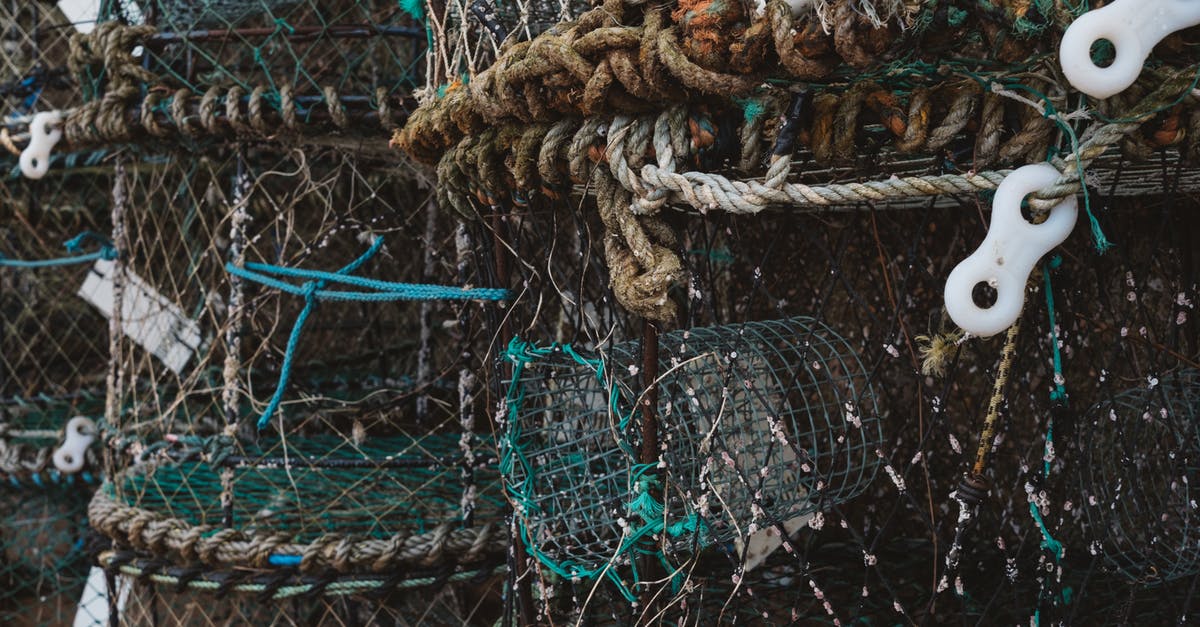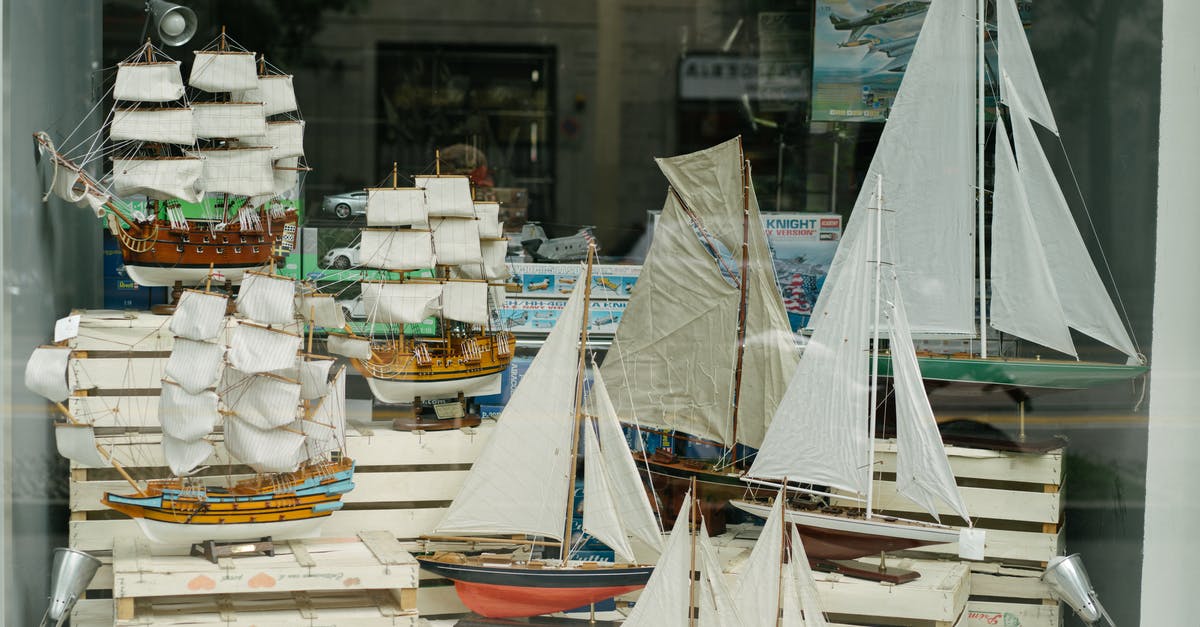What’s different when airbnb'ing in a boat?

I've recently discovered Airbnb, and I'd like to repeat the experience this summer.
I've seen a quite special Airbnb: in a sailboat, docked in a small harbour in Malta, in the Mediterranean Sea.
This really cheered me up, but it's totally unknown for me... I've a couple of questions about this practice, especially its differences vs a normal Airbnb:
- Is the owner always present in the boat ?
- If yes, are we still responsible for buying the food and cooking our own meals ?
- Do we need special (nautical) equipment?
I'm aware that I should ask these questions to the owner of the boat, but I'd like firstly to have the impression of people who have experienced it...
Best Answer
Houseboats and other liveaboard vessels are not uncommon on AirBnB, and they're as varied if not more so than every other type of accommodation. For all the questions listed, ask the owner, but here's a rough outline:
- Most liveaboards have basic cooking facilities. If you are self catering, expect everything to be smaller and more rudimentary than on dry land.
- Whether the owner is on the boat with you will depend on the lifestyle and choices of the owner just like any AirBnB, and should be made clear in the advert (if it isn't, ask), but things like the engine room (assuming there is one) will almost certainly be securely locked down either way.
- They should tell you if you need to bring anything special (but there's no harm in asking). There's nothing standard you might be reasonably expected to "just know" that you'd need. One exception: if you are planning to pose for photos on the boat in a captain's hat, you'll most likely have to bring your own
:-)
There are just a few additional things you should consider that are boat specific, especially for a sailboat in an open harbour:
- If the owner isn't going to be around, check what happens in case of an emergency such as a mooring rope coming loose in a storm. There might be a harbour master or similar, in which case, you might want to make sure you get their number, but you're very unlikely to need it.
- Check that it is hooked up for electricity and water (i.e. clean water in, waste water/sewage out). Most long-term moorings will have these facilities connected straight to the boat, and they'll "just work" just like in a house, but in some locations it might not be the norm and some nautical types might be so used to, say, only having 4 hours electricity a day on evenings from a battery charged by solar panels, or managing a septic tank, that they might forget to specify this to us landlubbers. But this is unlikely and is the sort of thing AirBnBers would be quick to complain about.
- There might be additional little things to do compared to a normal house, for example a procedure to avoid damp such as not keeping more than a few windows open or keeping a dehumidifier running, but the owner should tell you about these if there are any in the normal introductory tour.
Apart from that, simply pay more attention that usual when the owner shows you around, particularly to securing the boat and the "man overboard" procedure (probably just a rubber ring somewhere, but remember where it is!). If it's your first time on a boat (never thought I'd be on a boat), mention it in your introduction email, and don't be afraid to ask questions.
In general, I really enjoy staying on boats. Do be prepared however to have much less space than usual, and for any weather to feel twice as dramatic and be much louder than it normally would.
Pictures about "What’s different when airbnb'ing in a boat?"



What makes traveling different on Airbnb?
One difference it highlights is that Airbnb has always had listings in cities, rather than just in traditional holiday locations like on other websites, making city-breaks more accessible. Another of her points is refers to Airbnb's design as being a factor that sets it apart from the other options.What are the disadvantages of using Airbnb?
- What You See May Not Be What You Get: Individual hosts create their own listings, and some may be more honest than others. ...
- Potential Damage: Although most stays go without incident, property damage is probably the biggest risk for hosts. ...
- Added Fees: Like hotels, Airbnb imposes a number of additional fees.
What percentage does Airbnb take?
Most Hosts pay a flat service fee of 3% of the booking subtotal. The subtotal is your nightly rate plus your cleaning fee* and additional guest fee, if applicable, and doesn't include Airbnb fees and taxes. Guests typically pay a service fee of around 14% of the booking subtotal.What is Airbnb etiquette?
Airbnb etiquette is the set of accepted rules and manners in which hosts and guests interact on the platform. It simplifies the booking and hosting process and minimizes errors and misunderstandings. Whether you're a host or a guest, discover how you can perfect your etiquette.Rnbstylerz \u0026 AREES - WHAT
More answers regarding what’s different when airbnb'ing in a boat?
Answer 2
First of, you should consider if any of your party can easily get seasick or motion sickness. If yes then a boat AirBnB will be a miserable time for that person.
Second, any boat will be a cramped quarter.
Those factors can be impact your staying experience. As for operating the boatwhile staying, I cannot see any AirBnB owner would allow that.
Sources: Stack Exchange - This article follows the attribution requirements of Stack Exchange and is licensed under CC BY-SA 3.0.
Images: George Milton, George Milton, Ellie Burgin, ArtHouse Studio
